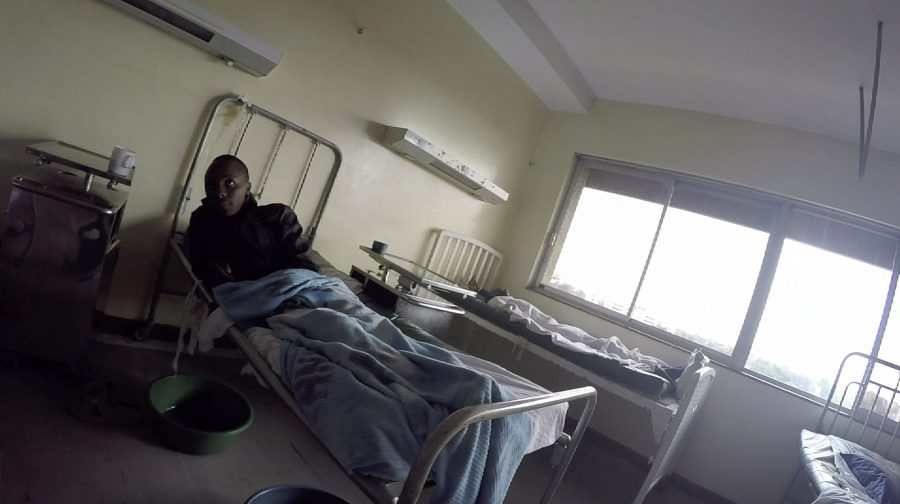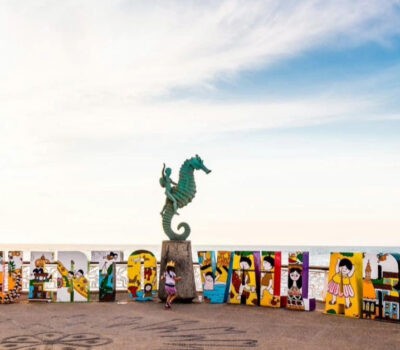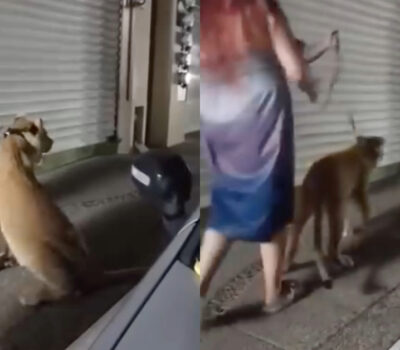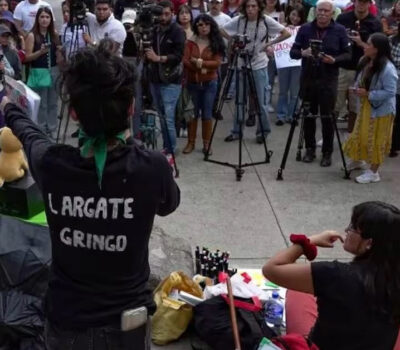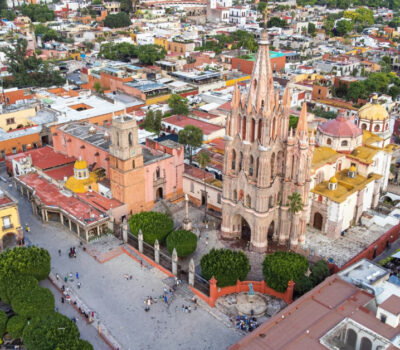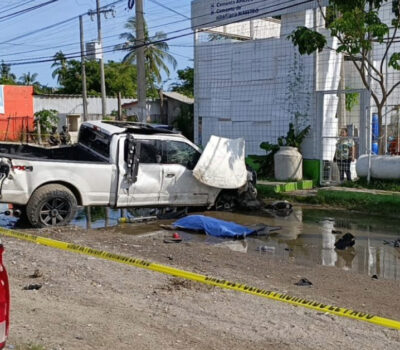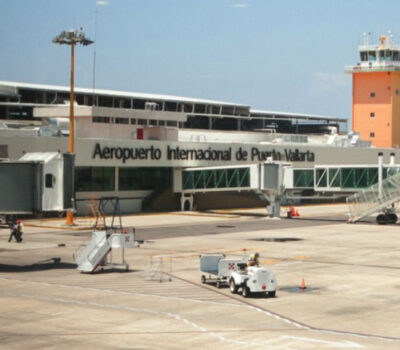Doctors at Nairobi’s Kenyatta National Hospital have told Robert Wanyonyi there’s nothing more they can do for him. Yet more than a year after he first arrived, shot and paralyzed in a robbery, the ex-shopkeeper remains trapped in the hospital.
Because Wanyonyi . . .

